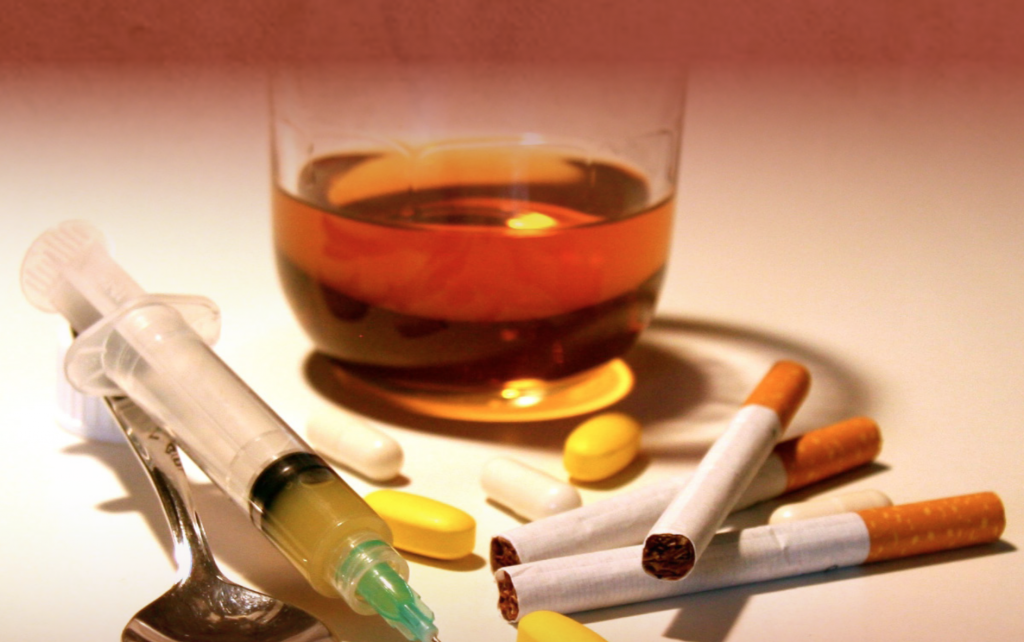
One of my columns a few months ago asserted that alcoholism and substance abuse are problem behaviors – not diseases. A disease, I wrote, is something that progresses inside your body, and can only be stopped by passive submission to medical intervention. A problem behavior, on the other hand, is something that can only stop if you commit to stopping – with or without outside help.
Needless to say, this otherwise obvious concept struck a few nerves. One reader wrote: “I find it disturbing that your opinion of addiction is put forth so aggressively when it is in fact so uninformed and narrow-minded. Your argument is based on what ‘a number of emails affirmed’ that addicts buy into political correctness” and they are “waiting for a promised fix that will never happen.” More emails wailed, “Where are your sources for this profound knowledge you are sharing here? Who do you know that promised a FIX, you? Believe me, they better than anyone know there is no FIX! The idea that addicts ‘use’ the medical, or rather physical component of their disease as an ‘excuse’ to continue abusing is ludicrous.”
It’s amazing how many people send ignorant emails without ever reading the articles in their entirety. It’s an occupational hazard for any writer. I never wrote that there’s a “fix.” What I did write is that the only fix is the substance-abusing person him- or herself, not some external agent. Even daily visits to AA or NA amount to only an hour or two. The person with the problem is still with him- or herself 24/7. I also did not write that all addicts use the medical model of addiction as an excuse. Sadly, many therapists or doctors do, but that’s because of their beliefs or ideology. It has nothing to do with facts, reason or science.
In my 30+ years’ experience dealing with addicts, I have found that the vast majority of them actually do not like this “disease” model. The writer above describes herself as a psychotherapist (yikes!) with multiple degrees. She offers these as evidence to counter the logic and facts I describe. However, none of that alters the fact that nobody is putting the substance into the addict’s body other than the addict himself. If it isn’t a choice, then how is it getting into the addict’s body?
The writer calls it narrow minded to place the addict in charge of his or her own recovery. I call it narrow minded to label alcoholism or addiction a disease. In fact, it’s cruel as well as inaccurate. When you’re the one standing in your own way, and you finally admit that you’re doing the damage to yourself, then you don’t have to look at yourself as a victim. There are steps you can take. No, it’s not easy. But many people who stop drinking or drugging have, in fact, attained (and maintained) their sobriety. They are to be congratulated.
Yes, I’m placing the blame for the problem on the person who engages in the self-defeating or self-destructive behavior. But by the same logic, I place the credit on those who save themselves. The writer’s view of “You can’t do it; let someone else take care of you,” is narrow minded, inhibiting and frankly wrong. There’s no proof that brain chemistry forces anyone to put anything into one’s body. The brain sends us signals, and it’s probably true that the brains of some people process alcohol differently from the brains of other people. But the brain cannot force you to pick up a glass or a syringe. If this were true, nobody would be able to stop their behaviors as millions of substance abusers have.
How can a “disease” be cured without medical intervention? Talk therapy, AA/NA, rehab programs, etc. have helped many, but these are not medical interventions. In fact many people stop without any external interventions. In my experience, those who are serious about quitting neither want nor expect someone to do it for them. They might want someone to coach or guide them, but they understand that it’s ultimately up to them to make the commitment to not just stop, but to live a self-interested, sober and purposeful life after they do.
Follow Dr. Hurd on Facebook. Search under “Michael Hurd” (Rehoboth Beach DE). Get up-to-the-minute postings, recommended articles and links, and engage in back-and-forth discussion with Dr. Hurd on topics of interest. Also follow Dr. Hurd on Twitter at @MichaelJHurd1, and see “Michael Hurd” on MeWe.
